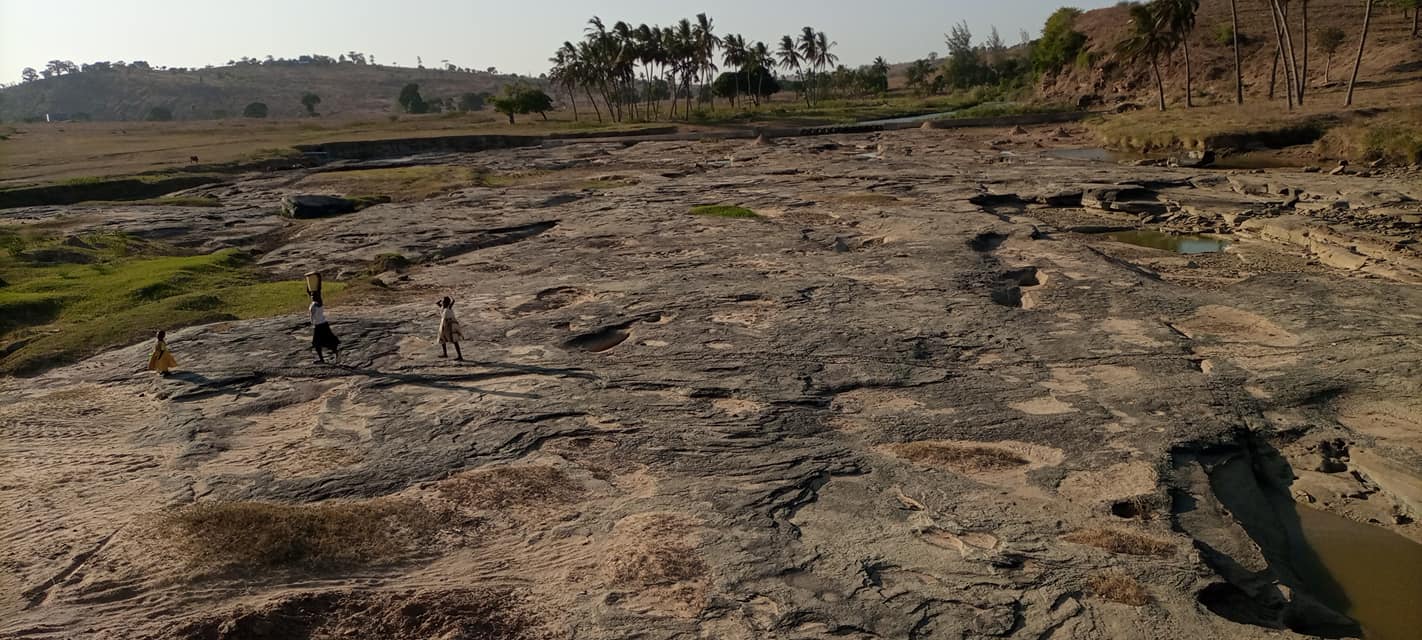
CLIMATE CHANGE
The UN Sustainable Develop Goal 13, Climate Change is described by scientist globally of having drastic effects on all countries. The UN advise that greenhouse gas emissions are more than 50 percent higher than in 1990. It is further suggested that global warming is causing long-lasting changes to our climate system, which threatens irreversible consequences if decisive actions are not acted upon to reverse the consequences.
Climate-related hazards and natural disasters affect vulnerable groups the most, including women and children. During floods and drought, the most common hazards affecting
many communities as a result of climate change, women headed households are disproportionately affected by these floods by extension to their children. Women are most present in areas of employment within the agricultural and informal sectors, which are often the worst affected by disasters; thus the rates of unemployment among women after a disaster are high.
In general, women are the most likely to be affected by floods and droughts, but their concerns are least likely to be addressed. Women are typically absent from the forum where Disaster Risk Reduction (DRR) decisions/ planning is made, so when priorities are established, the interests of women are often poorly represented.
In the same vein, women, youth and other community based vulnerable groups bear a disproportionate share of the negative environmental consequences resulting from industrial, governmental and commercial operations or policies. The right to have access to natural resources; not to suffer disproportionately from environmental policies, laws and regulations; and the right to environmental information, participation and involvement in decision-making is some recognized international, regional and local norms by the UN Member states. However, in practice, this is not the case. CEFRESA works with communities to create awareness, advocate with decision makers and support local initiatives that promote Climate Smart Actions and Environmental Justice.

Strategic Objectives:
1. Promote Disaster Risks Reduction -gender sensitivity and resilience among duty bearers and rights holders
2. Advocate for Inclusive Approaches to Climate smart and Environmental Policies
3. Create Awareness and Information sharing on Climate and environment
4. Promote Coastal Protection Methods and Conservation
5. Advocate for just transition and greener cities

Comments are closed.